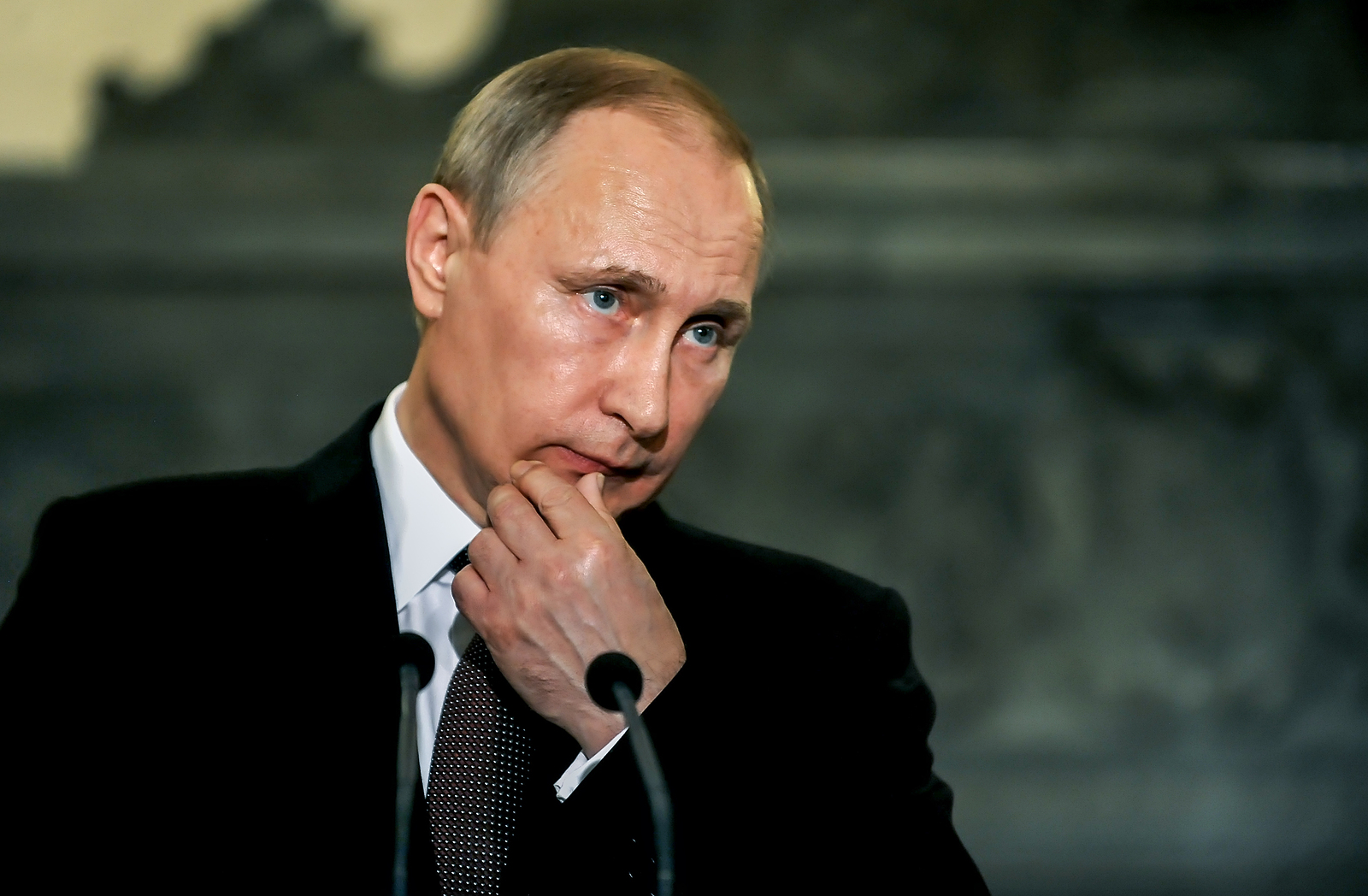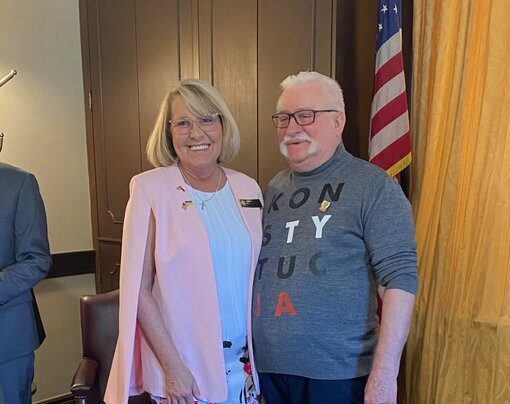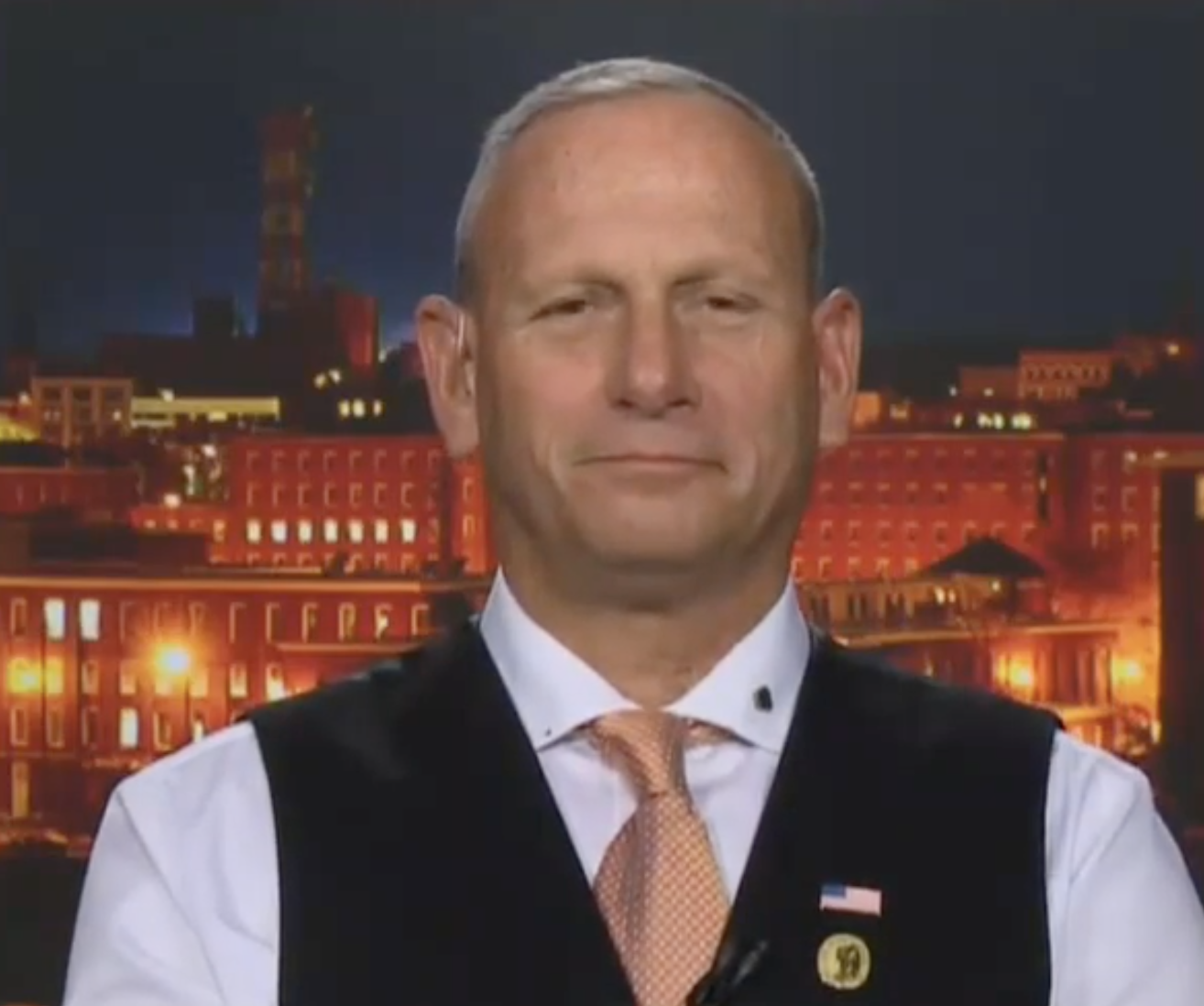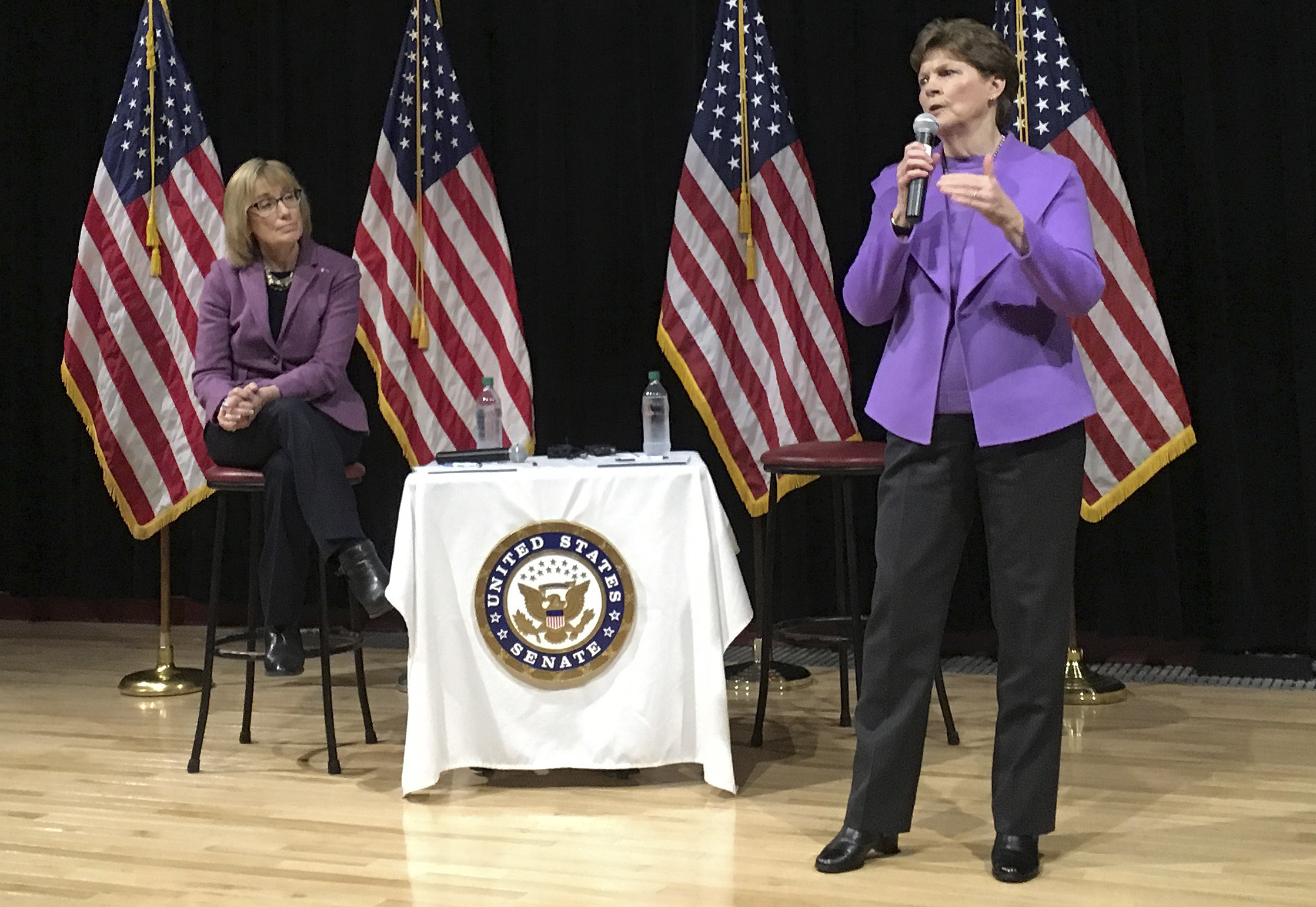FBI Investigating Group Behind Elbit Systems Attack in Merrimack
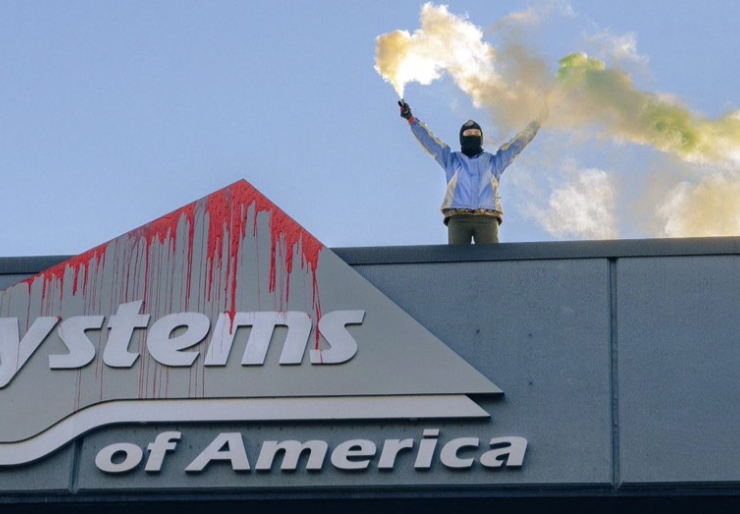
The extremist left-wing group behind the assault on Elbit Systems in Merrimack is under FBI investigation, NHJournal has learned.
As Calla Walsh set off smoke bombs from the roof of the Elbit Systems of America facility, images of her protest were pushed out on social media by Palestine Action US. The group is the American offshoot of an anti-Israel organization based in the U.K., and it gets financial support from local millionaire — and self-declared Communist — James “Fergie” Chambers. Chambers put up bail for Walsh and her two co-defendants after their arrest on charges stemming from the Merrimack incident.
Walsh’s connections to Palestine Action US and Chambers have caught her in the FBI’s crosshairs.
Merrimack Police Detective Kevin Manuele’s probable cause statement seeking court approval to search Walsh’s cell phone states the FBI is already interested in Chambers and Palestine Action US.
“The Federal Bureau of Investigation was conducting an investigation into the group that was involved as well as their leader Chambers, who is known to the FBI,” Manuele wrote.
The FBI generally does not publicize details of ongoing investigations, but the information came to light as part of a court battle over Walsh’s cell phone. Merrimack police seized Walsh’s it during her arrest at Elbit, and the progressive teen activist has been demanding its return, according to court records.
Weeks after the November arrest, FBI Agent Kevin Leblanc took possession of the phone as part of that agency’s inquiry into Chambers and Palestine Action US. The phone has since been returned to Merrimack Police. New Hampshire Attorney General John Formella won’t release it unless Walsh agrees to let Granite State investigators search it for information. In lieu of that, Formella’s office went to court this month seeking approval to look at the phone’s contents.
Jeffrey Odland, Walsh’s defense attorney, is objecting on grounds that the attorney general’s actions violated her Fourth Amendment protections against unreasonable searches.
“The State’s seizure of [Walsh’s] phone and subsequent request to search are constitutionally unreasonable due to the 184-day delay in the state applying for judicial permission to search,” Odland wrote.
Manuele’s probable cause statement indicates there is likely evidence of conspiracy on Walsh’s phone beyond her actions with co-defendants Sophie Ross, Bridget Shergalis, and Paige Belanger. All four women have ties to Palestine Action US, as well as Chambers.
Palestine Action US spearheads attacks on Elbit, even publishing a since-deleted map of all Elbit facilities in the United States on its social media platforms. It also broadcasts messages to “shut down Elbit,” according to Manuele.
Walsh, a self-identified Communist and “anti-imperialist,” has a long history of protesting against Elbit. After a 2022 arrest at the Cambridge, Mass. Elbit facility, Walsh expressed her displeasure with police on social media.
“Cambridge pigs are still pigs. They serve to protect capital and empire,” Walsh wrote.
She also posted a message on social media calling Israelis “the scum of nations and pigs of the Earth.”
Walsh and Chambers appear in a photo together at the Cambridge protest which was shared by Palestine Action US, according to Manuele. Palestine Action US promoted the Merrimack incident with photos of Walsh, and it used the picture of a masked Walsh holding smoke bombs on top of the Elbit Systems building in later promotional images shared to social media.

Calla Walsh, Fergie Chambers and Paige Belanger protesting Elbit Systems on Oct. 30 2023 in Cambridge, Mass. (Via Instagram)
Chambers is a member of the Cox family, worth about $34 billion, according to reports. Chambers essentially negotiated an early inheritance with the family trust, allowing him to walk away with a reported $250 million which he used to start a Marxist commune in the Berkshires, as well as a “People’s Gym” in the Upper Valley. He also supports left-wing protests and funds bail for activists like Walsh.
Chambers denied being a Palestine Action US leader, though he’s often described as a co-founder.
“PAL Action is not now and never was an ‘org,’” Chambers wrote NHJournal. “It is a social media platform that shares news of direct actions people have taken against Elbit or other weapons companies. We’ve shared things in Cali, VA, TX, MA, NH, etc. If someone sends us [something], we share it. Bears zero connection to who did it.”
When it comes to Palestine Action USA, Chambers is just another member of the organization that isn’t an organization, he said. Chambers got attention in recent months for his outspoken opposition to Israel, America and capitalism, among others.
“Israel does not deserve to exist,” Chambers told LA Magazine. “It is a false state propped up by the West.”
Walsh is a political star in her own right. She gained fame as a 16-year-old activist who helped push Sen. Ed Markey (D-Massachusetts) to victory in a primary race against Joseph Kennedy III.
Walsh is also an avowed fan of Hamas and Iran’s repressive, authoritarian regime run by religious fundamentalists. She recently took to social media to lament the death of Iranian President Ibrahim Raisi because he did much to help overthrow the West through terror.
“Even if they don’t explicitly identify as communist, by dealing blow after blow to US imperialism, Iran, Hamas, Ansar Allah & the entire Axis of Resistance are doing far more to create the conditions for communism to be possible than literally any Western armchair communists,” Walsh wrote.
She also wrote last week that Iran, Russia, and China work together to help Hamas operate.
“Remember the full picture. The Palestinian resistance doesn’t take orders from Iran, but their capacity to resist would be much weaker w/o Iran’s support, and that support would be impossible w/o Iran’s close relations with China & Russia which allows Iran to bypass sanctions,” Walsh wrote.
News that she and her comrades might be targets of the FBI can’t be welcoming to Walsh, but it’s not all bad news for her. The court order banning her from communicating with Ross and Shergalis was recently lifted. Walsh said she’s looking forward to hugs with friends.


